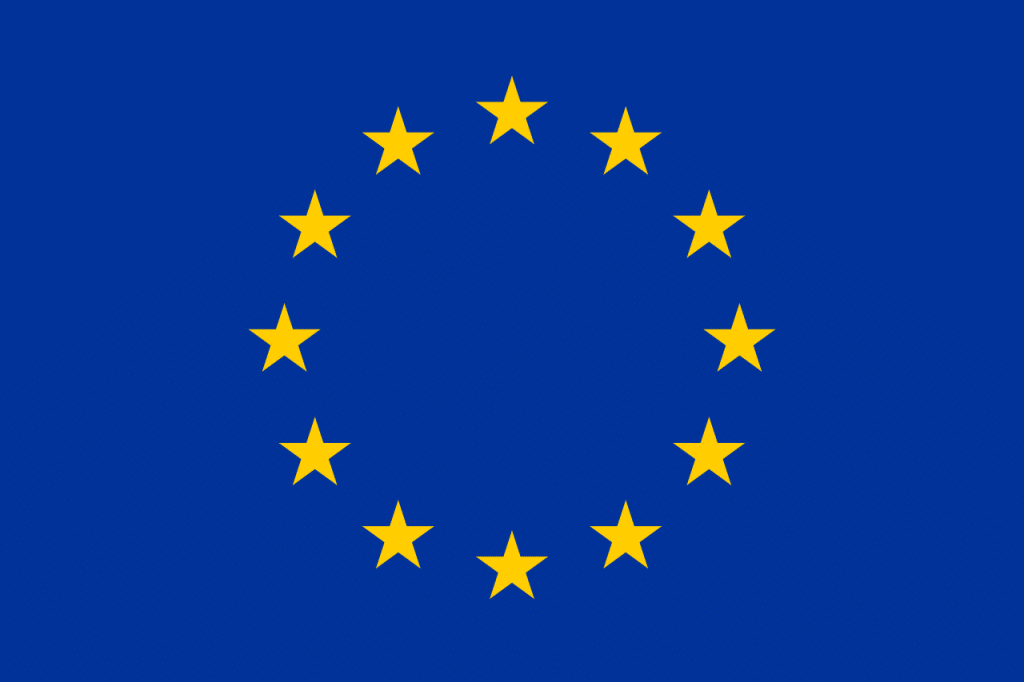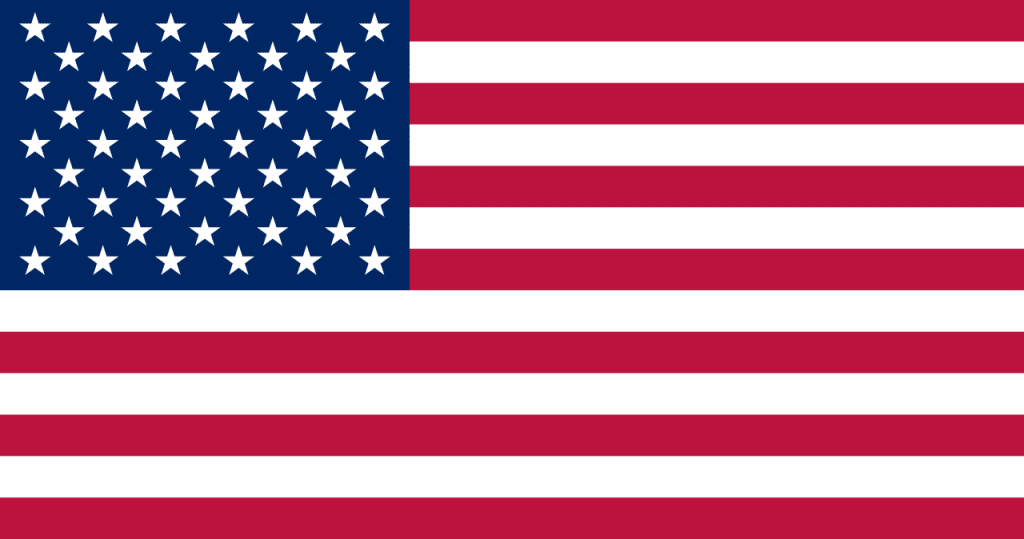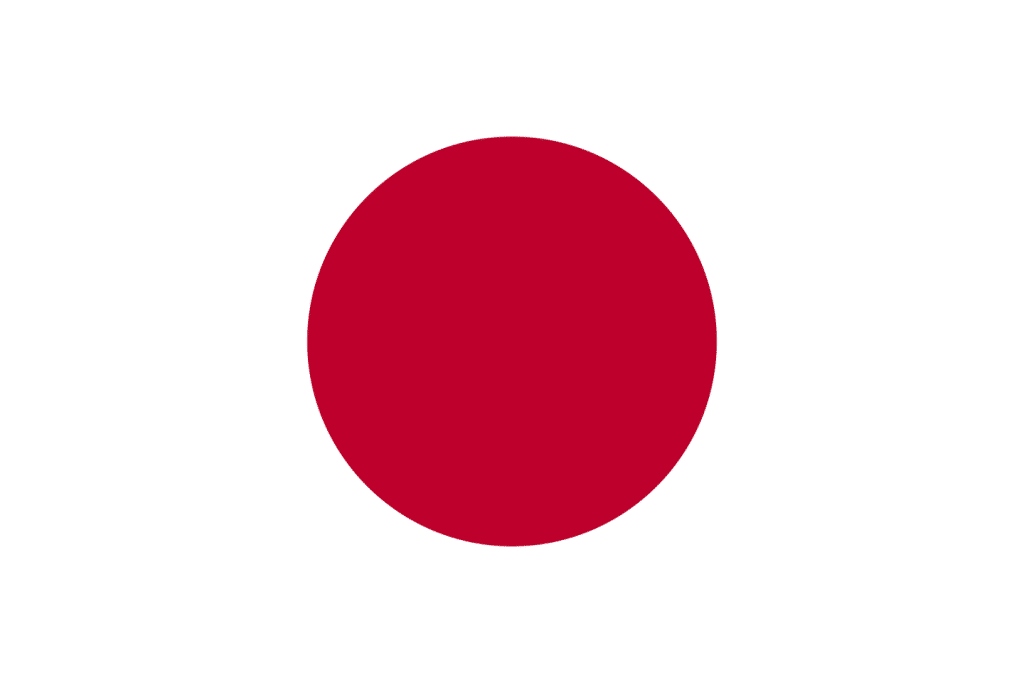
Different Standards For Enamel Mugs Across Countries
Enamelware.TOP:
⭐️Please specify the specific requirements, thank you
⭐️Mug·Bowl · Plate · Casserole · Pot · Kettle · Roaster · Bakeware etc.
⭐️Looking forward to pleasure to service for you, and welcome to China!
What is the standard for enamel mugs?

Enamel mugs are popular for their durability and aesthetic appeal. Manufacturers must ensure that these products comply with the strict standards of different countries to guarantee consumer health and market compliance.

China Standards for Enamel Mugs
In China, enamel mugs must comply with GB 4806.9-2016, which specifically addresses enamelware in contact with food.
Key Standards for Enamel Mugs in China:
- GB 4806.9-2016: This standard focuses on limiting the migration of lead and cadmium from enamelware, ensuring consumer safety.
Mandatory Requirements:
- Testing Report: In China, food-contact materials like enamel mugs must undergo mandatory testing, and a testing report is often required for market access.
- 3C Certification: In some cases, products may need to be certified with the 3C mark, which also requires a testing report.

United Kingdom (UK) Standards for Enamel Mugs
Following Brexit, the UK has largely adopted the EU standards for food-contact materials but operates under its own regulatory framework through UK Food Contact Legislation. The main regulation for enamel mugs is aligned with the EU’s standards, ensuring safety and compliance in the UK market.
Key Standards for Enamel Mugs in the UK:
- UK Food Contact Legislation: This legislation mirrors the EU Regulation (EC) No 1935/2004 and Regulation (EU) No 10/2011 on plastic and other food-contact materials. For enamel mugs, testing focuses on ensuring that they do not release harmful substances like lead and cadmium into food.
- BS 6748:1986: A British Standard that tests the release of lead and cadmium from food-contact surfaces such as enamel mugs. It is a critical test to ensure that the mugs are safe for long-term use.
Mandatory Requirements:
- Declaration of Conformity (DoC): Companies need to be ready to prove that their products comply with UK regulations on food-contact materials.
- Testing Reports: While not mandatory for all sales, companies should have reports available for regulatory review when required.

European Union (EU) Standards for Enamel Mugs
In the European Union, all food-contact materials, including enamel mugs, must comply with Regulation (EC) No 1935/2004. This regulation is designed to ensure that materials do not transfer harmful substances to food.
Key Standards for Enamel Mugs in the EU:
EN 1183:1997: This standard assesses the resistance of enamelware to acidic substances. Products must not release harmful substances when in contact with acidic foods or beverages.
- EN 1388-1 and EN 1388-2: These are critical standards that test the migration of lead and cadmium from ceramic and enamel food-contact materials. Both metals are harmful in large quantities, so limits are strictly controlled.
Mandatory Requirements:
- Declaration of Conformity (DoC): Manufacturers must have a written declaration stating their products comply with EU food-contact regulations.
- Random Inspections: Regulatory bodies can conduct market inspections, and companies must be able to provide testing reports when needed.

France Standards for Enamel Mugs
France follows the French General Regulations on Food-Contact Materials, which implement the EU directives but with some additional national regulations. French authorities are particularly stringent regarding enamelware’s safety due to its widespread use in culinary settings.
Key Standards for Enamel Mugs in France:
- NF EN 1388-1 and NF EN 1388-2: These French standards regulate the release of lead and cadmium from enamelware and ceramics. The migration limits are identical to those of the EU, ensuring that French standards align with broader European regulations.
- DGCCRF: France’s Directorate-General for Competition, Consumer Affairs, and Fraud Control (DGCCRF) oversees food-contact material testing, including enamel mugs. Their inspections ensure that manufacturers meet stringent migration limits for heavy metals and other substances.
France: The DGCCRF regularly conducts market inspections, so manufacturers should have testing reports ready.

Germany Standards for Enamel Mugs
Germany has its own specific regulations in addition to adhering to the broader EU guidelines. The German Food, Consumer Goods and Feed Code (LFGB) regulates food-contact materials, including enamel mugs. Germany is known for its high safety standards, making compliance essential for manufacturers looking to enter the German market.
Key Standards for Enamel Mugs in Germany:
- LFGB: This German regulation, often referred to as the “Food and Feed Code,” ensures that any food-contact material does not release toxic substances. Enamel mugs must undergo migration testing for heavy metals, ensuring safety when they come into contact with food.
- DIN 51032: This German standard tests for the migration of harmful metals like lead and cadmium from enamel surfaces. It’s similar to the EU and French standards but includes some additional German requirements for durability and environmental compliance.
Germany: Similar to France, Germany’s regulatory bodies may request testing documentation during inspections.

United States Standards for Enamel Mugs
In the US, enamel mugs must adhere to the Food and Drug Administration (FDA) 21 CFR 175.300 regulation, which governs the safety of enamel and vitreous coatings in food-contact materials.
Key Standards for Enamel Mugs in the US:
- FDA 21 CFR 175.300: This regulation limits the migration of harmful substances like lead and cadmium from enamel mugs into food. Testing is required to ensure that these levels are within the safe limits.
- California Proposition 65 (Prop 65): Products sold in California must also comply with Proposition 65, which limits the amount of certain hazardous chemicals, including lead and cadmium, that can be present in consumer goods.
Mandatory Requirements:
- No uniform mandatory report requirement, but manufacturers should have testing data on hand to demonstrate compliance with FDA standards.
- California Proposition 65 (Prop 65): If selling in California, compliance with Prop 65 may require additional testing, and failure to meet these standards could lead to penalties.

Japan Standards for Enamel Mugs
In Japan, enamel mugs are governed by the Japan Food Sanitation Law, which regulates food-contact materials.
Key Standards for Enamel Mugs in Japan:
- Japan Food Sanitation Law: This law sets strict limits on the migration of harmful substances like lead and cadmium from enamel surfaces into food.
Mandatory Requirements:
- Food Safety Testing Report: A report is not required at the point of sale, but manufacturers should be prepared to provide testing data when requested by regulatory bodies.


Australia and New Zealand Standards for Enamel Mugs
Australia and New Zealand share the Food Standards Australia New Zealand (FSANZ) code, which regulates food-contact materials.
Key Standards for Enamel Mugs in Australia and New Zealand:
- FSANZ Standard 1.4.1: This standard limits the migration of harmful substances like lead and cadmium into food.
Mandatory Requirements:
- No mandatory testing report requirement, but companies should keep reports ready for regulatory or retailer requests.
Common Testing Parameters Across Different Countries
While standards for enamel mugs vary across countries, the core parameters for enamel mug testing are consistent globally:
- Lead and Cadmium Migration: The release of toxic metals is tightly regulated, with testing ensuring that enamel mugs comply with national limits.
- Acid Resistance: Enamel mugs must resist acidic substances, which could otherwise degrade the enamel and cause the release of harmful elements.
Conclusion
For enamel mug manufacturers and distributors targeting international markets, ensuring compliance with regional quality and health standards is critical. Different countries and regions all have specific regulations , particularly the release of harmful substances like lead and cadmium. While most markets do not mandate testing reports at the point of sale, manufacturers must still adhere to food contact health regulations.

Custom Enamel Mugs Since 2017
Johnson@waf-traders.com (Sales Director)
Johnson Wu: Listen and provide professional solutions for you
NINGBO · CHINA
WAF Traders | Enamelware.TOP | CustomEnamelMugs
Wish you all the best!
NO.111, MIAONONG VILLAGE, YANGMING STREET, YUYAO, ZHEJIANG PROVINCE


